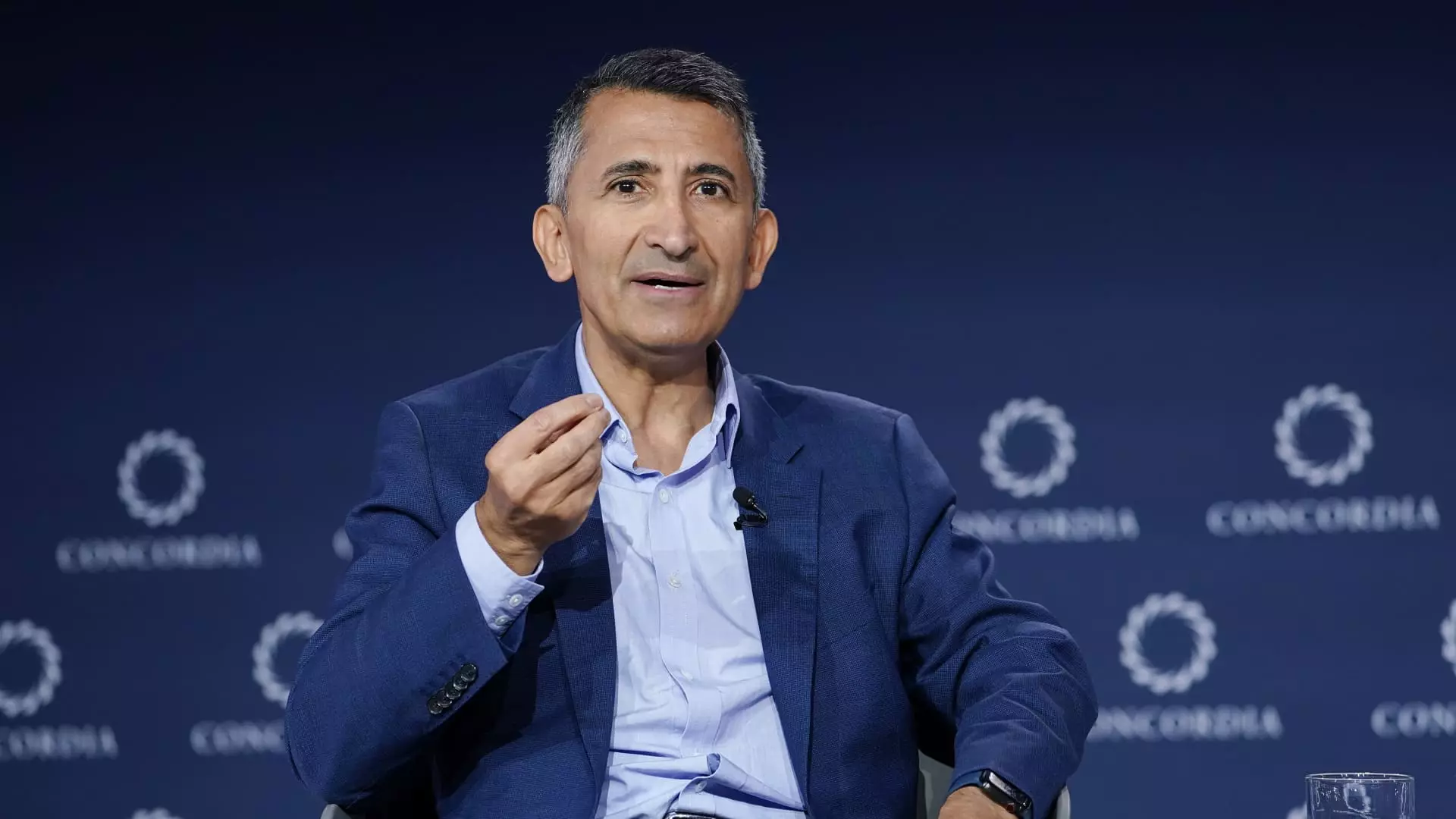With Donald Trump’s recent election win, the cryptocurrency industry is abuzz with expectations of rapid regulatory changes in the United States. Faryar Shirzad, Coinbase’s chief policy officer, has made bold predictions on how these developments could unfold. His assertions highlight not only the unique political landscape of the moment but also the increasing significance of cryptocurrency within the broader financial framework of the nation. Indeed, the incoming administration with its pro-crypto agenda prepares to shape the future of digital assets in ways not yet seen.
The prevailing sentiment within certain circles of the crypto community is that we are entering an unparalleled moment for favorable legislative action. With the Republican party controlling both houses of Congress, Shirzad posits that significant crypto-related legislation will likely pass through the legislative meat grinder with unprecedented speed. Two pieces of legislation currently vying for attention exemplify this newfound legislative fervor: the Financial Innovation and Technology for the 21st Century Act and the Clarity for Payment Stablecoins Act.
The former aims to establish a coherent legal framework for digital assets, while the latter seeks to provide oversight for stablecoin issuers—tokens that maintain a value pegged to traditional currencies like the dollar. The successful passage of these bills could change the landscape for the 50 million Americans currently vested in cryptocurrency, ensuring their interests are represented within the halls of power.
One cannot overlook the pivotal role that political action committees (PACs) have played in shaping this pro-crypto sentiment. According to Federal Election Commission data, crypto-associated PACs raised over $245 million, a clear indicator of the financial might behind lobbying efforts. This clout comes alongside initiatives like the Coinbase-backed Stand With Crypto Alliance, which stratifies House and Senate candidates based on their stances toward cryptocurrency. With nearly 300 pro-crypto lawmakers set to take office, the groundwork has been laid for an aggressive push in favor of the digital asset industry.
The financial backing and grassroots pressure exerted by these PACs have clearly galvanized political will behind cryptocurrency, raising questions about the future influence of such organizations in American politics. Their ability to mobilize resources could forever alter the legislative landscape, making it crucial for opponents and advocates alike to adapt to this rapidly changing environment.
A significant shake-up seems to loom on the regulatory front as U.S. Securities and Exchange Commission (SEC) Chair Gary Gensler has announced his resignation effective January 20, coinciding with Trump’s inauguration. Gensler’s tenure has been marked by a zealous approach to cryptocurrency oversight, a stance that many in the industry found overly restrictive.
Shirzad’s comments suggest a cautious optimism regarding Trump’s eventual choice for Gensler’s successor. He expressed confidence that Trump would likely appoint someone who aligns more closely with a pro-crypto vision. The appointment of a “change agent” to lead the SEC could serve as a watershed moment in U.S. cryptocurrency regulation, leading to a more favorable regulatory environment and an era of growth for both established and emerging digital assets.
While Shirzad’s immediate optimism surrounding the crypto landscape reflects a significant turning point, it is important also to scrutinize the broader implications of such rapid regulatory changes. With great legislative power comes great responsibility; how Congress chooses to regulate digital assets will set precedents that may govern the evolution of the industry for decades to come.
Regulation could either unlock tremendous opportunities for innovation and investment or create an environment of increased oversight that stifles growth and deters new entrants. As lawmakers gear up for what promises to be a transformative period, the nuances of legislation will be scrutinized more critically than ever. Stakeholders across the entire spectrum must remain vigilant and engaged, ensuring that the voice of the crypto community is not overshadowed by powerful lobbying factions.
The imminent changes in cryptocurrency regulation amid Trump’s rise to power present both excitement and obstacles. While Faryar Shirzad’s optimistic outlook on the rapid passage of crypto-related legislation ignites hope among investors and advocates, it is essential to approach the evolving landscape with caution. The stakes are high, and the moves made by lawmakers will resonate far beyond immediate impacts on the marketplace, shaping the future of the industry and the trust placed in decentralized assets overall. The road ahead is uncertain, and while the environment invites hope, it demands careful observation and active involvement from all parties concerned.

